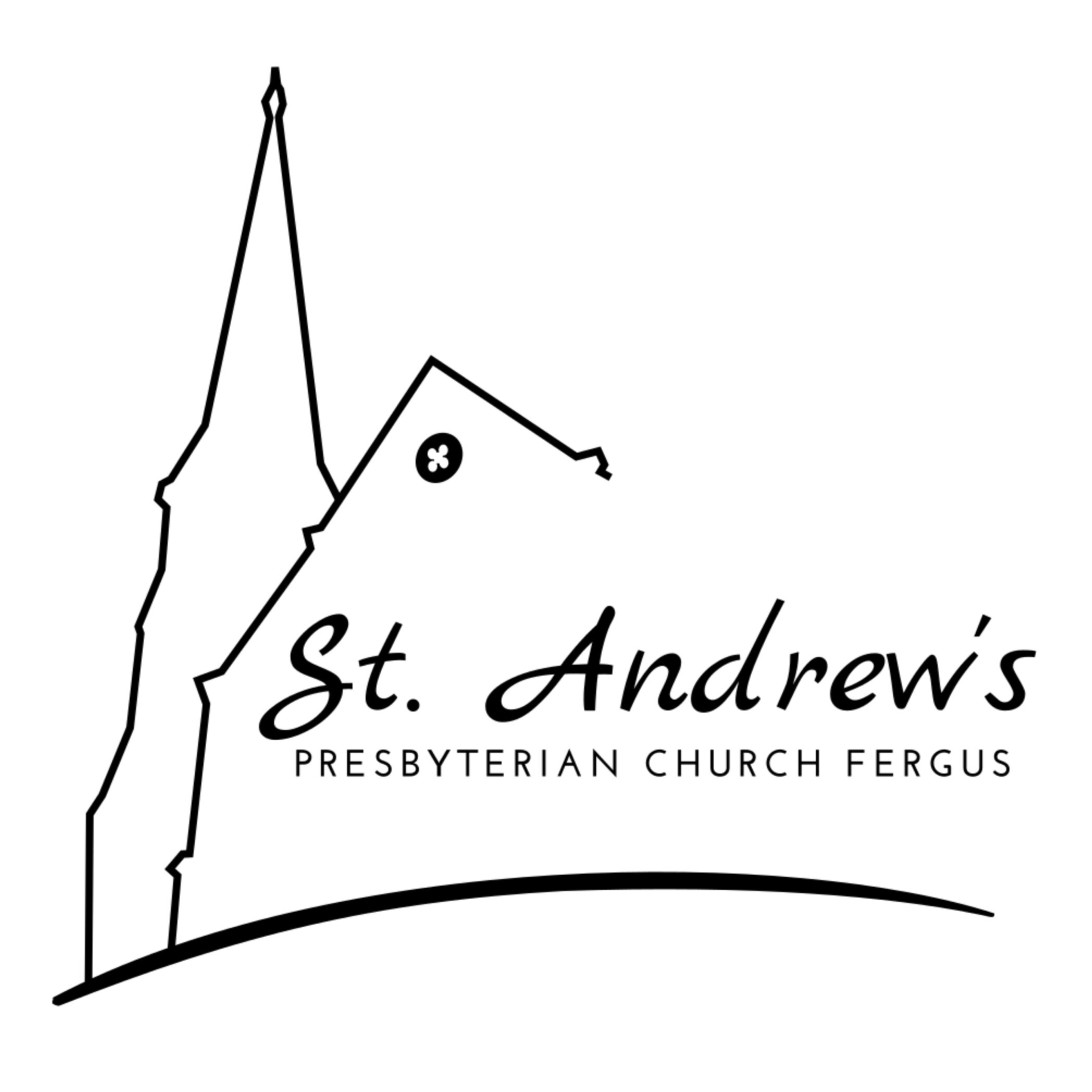A Cry to God
Psalm 102 (Selected verses)
A prayer of one afflicted, when faint and pleading before the Lord.
1 Hear my prayer, O Lord; let my cry come to you.
2 Do not hide your face from me on the day of my distress.
Incline your ear to me; answer me speedily on the day when I call.
3 For my days pass away like smoke, and my bones burn like a furnace.
4 My heart is stricken and withered like grass; I am too wasted to eat my bread.
5 Because of my loud groaning my bones cling to my skin….
11 My days are like an evening shadow; I wither away like grass.
12 But you, O Lord, are enthroned for ever;
your name endures to all generations.
13 You will rise up and have compassion on Zion,
for it is time to favour it; the appointed time has come.
14 For your servants hold its stones dear, and have pity on its dust….
17 He will regard the prayer of the destitute,
and will not despise their prayer.
18 Let this be recorded for a generation to come,
so that a people yet unborn may praise the Lord:
19 that he looked down from his holy height,
from heaven the Lord looked at the earth,
20 to hear the groans of the prisoners,
to set free those who were doomed to die;
21 so that the name of the Lord may be declared in Zion,
and his praise in Jerusalem,
22 when peoples gather together, and kingdoms, to worship the Lord.
23 He has broken my strength in mid-course; he has shortened my days.
24 ‘O my God,’ I say, ‘do not take me away at the mid-point of my life,
you whose years endure throughout all generations.’
25 Long ago you laid the foundation of the earth,
and the heavens are the work of your hands.
26 They will perish, but you endure; they will all wear out like a garment.
You change them like clothing, and they pass away;
27 but you are the same, and your years have no end….
Due to the length of the psalm, I have dropped some verses,
We are not told precisely what the problem is that the psalm writer is facing. But it feels like a physical illness, or maybe a situation or stress in their life that is causing physical/medical problems. In any case the writer feels like they are dying. Vs. 11 and vs. 23 both would suggest that the writer’s death too young seems imminent.
The writer cries to God, asking God to not turn away but instead to hear and to answer speedily. After laying out the need in vs. 3-11, the writer recognizes that God is not like human beings. God is eternal – while people are limited. God is enthroned in power – while human beings have limited power. God is able to act to bring healing and transformation while human beings are unable by themselves to break free from the burdens that weigh them down. God is worthy of all praise and worship – and human beings are the ones who bring that praise and worship.
These differences could so easily cause despair, leaving a sense that God is distant and does not care. But throughout the psalm, the fact that God is not like human beings is a sign of hope and promise. The faithful, eternal, stable God is one in whom we can dwell secure. God will not fail us now, no matter what we are going through. God will be there as God has always been there. In that trust there is hope, security and peace.
PRAYER:
O Lord, to you we cry for we have no one else who will hear and answer us. You have heard your children cry to you through the ages and you have responded, we trust you to hear and respond to our cry. O Lord, hear our cry. In Jesus’ name. Amen.
